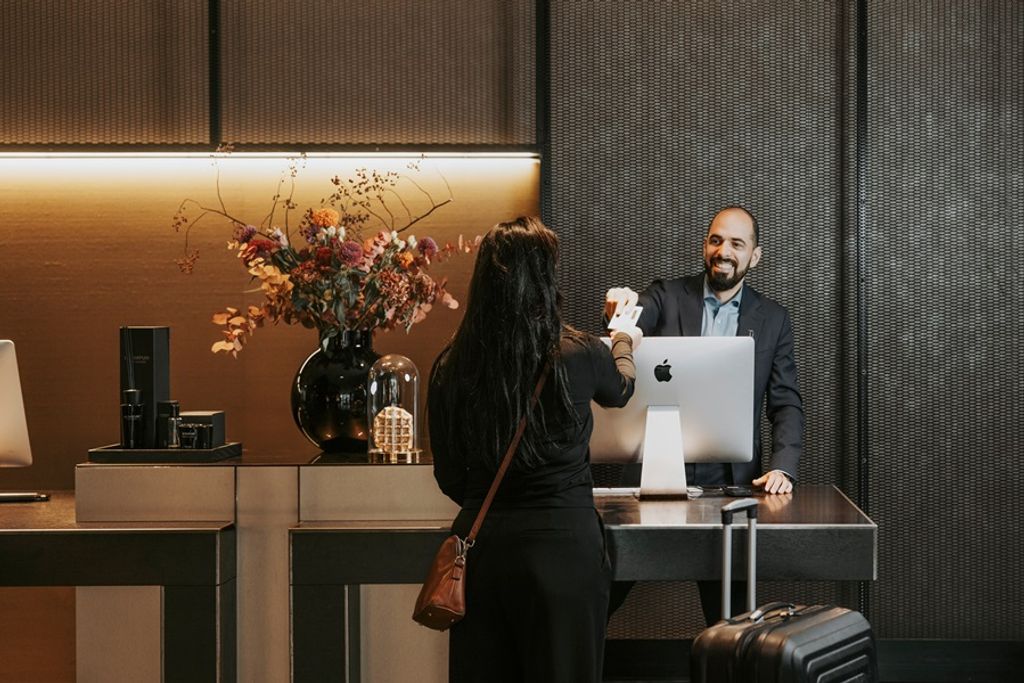Trends in the hotel market

A bigger, richer world
Trend
• The world is growing economically and the population is increasing.
• The global middle class is constantly growing.
Impact on the industry
Greater prosperity is resulting in increased travel, which in turn increases demand for hotel rooms.
Pandox's response
We offer hotel properties and hotel products where hotel operators can run their business.
Focus on experiences
Trend
• Once material needs have been satisfied, experiences become increasingly important.
• People value their freedom more than before the pandemic.
Impact on the industry
People are travelling for more reasons than previously. This calls for greater understanding of the drivers of different demand segments and how to tailor hotel products to them.
Pandox's response
We are constantly developing our hotel products to attract various types of demand based on the specific conditions of the market, the microlocation and the hotel property.
A smooth guest journey
Trend
• Expectations on a smooth guest journey are high.
• Digitalisation is also shaping the guest experience in new ways.
Impact on the industry
Today’s hotel guest wants to maximise their positive experiences, whether travelling for business or
leisure. The hotel is no longer just a place to sleep, but part of a lifestyle.
Pandox's response
We are constantly exploring and testing new ways to improve the guest experience. Our ecosystem of partnerships and relationships is a strong competitive advantage in this.
Guests have multiple roles
Trend
• Travelling is taking place on new terms.
• A guest may begin their journey as a business traveller and end it as a leisure traveller, or vice versa.
Impact on the industry
When hotel guests shift between different roles during a trip, they demand more of the hotel product and the guest experience.
Pandox's response
We use various strategies to maximise the revenue streams in each individual hotel property; for
example, through flexible room concepts and an attractive service offering.
Sustainability and values
Trend
• As the level of knowledge increases, there is a growing expectation that companies will focus on ESG.
• New expectations regarding transparency and fulfilment of the Paris Agreement.
• Change of practice among investors and banks
Impact on the industry
• It is essential to integrate sustainability into the overall business strategy.
• Biodiversity and transparency in the value chain are becoming increasingly important.
Pandox's response
Getting science-based targets approved, conducting a biodiversity assessment and reporting based on ESRS even before this becomes a requirement: sustainability is high on the agenda.

